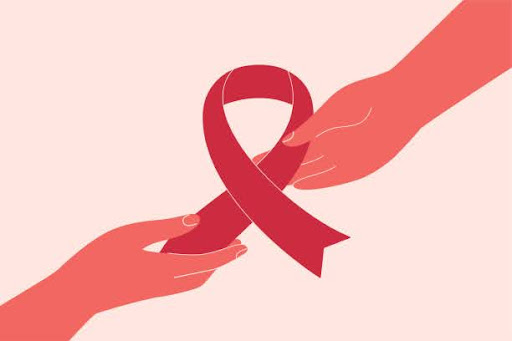A Guide on Navigating pregnancy and HIV
Elina was abandoned at the hospital by her mother. She was an HIV-positive infant and got it from her mother. This is just one out of thousands of stories of women and children who are disowned by their families for being HIV positive. Then there are individuals like Mr. Ravikant Bapatle who formed a village, known as the Happy Indian Village, in Maharashtra to shelter these abandoned individuals. Below is a small description of the probable questions that may arise for dealing with HIV during pregnancy.
What is HIV?
Human immunodeficiency virus alias HIV is one of the most common forms of sexually transmitted diseases (read). The virus weakens the body’s immune system and makes the body vulnerable to chronic diseases. Untreated HIV leads to acquired immunodeficiency syndrome (AIDS).
How does HIV spread?
An individual can get the virus mainly via sexual intercourse, sharing of needles and transfer of body fluids like blood, breast milk, semen and vaginal fluids.
HIV is transferred to infants during pregnancy through the placenta, being in labour through blood and vaginal fluids and via breast milk.
Burst the myth: HIV is not spread via touching the things used by an infected person or through their saliva, tears and sweat.
What are the symptoms of HIV during pregnancy?
HIV symptoms in adults mimic that of flu which includes fever, chills, rashes, sores, muscle pain etc.
Early symptoms of HIV in infants can be yeast, ear infection, enlarged liver, unable to gain weight or growth, slow to crawl, walk or speak as compared to healthy infants etc.
The symptoms can be different for every person and many remain undetected for years.

When should parents get tested for HIV?
Before: If you are planning to get pregnant, it is advisable for both partners to get tested, especially if a new partner is involved.
During pregnancy: Initially pregnant women should get a screening test for HIV along with other regular tests. A second test should be done during the third trimester if there is a higher chance of being infected with HIV.
After pregnancy: If a woman has not tested for HIV before, a rapid HIV test can be done during labour.
To maintain privacy, one can opt for a rapid self-test at home or a mail-in self-test.
What to do if one has HIV?
HIV cannot be cured permanently. However Antiretroviral Therapy (ART) treatment is available to suppress the virus from multiplying. National AIDS Control Programme provides an initiative known as the Prevention of Parent-to-Child Transmission (PPTCT) for HIV-infected pregnant women.
What to do if an infant has HIV?
Babies born with HIV-infected people should receive ART within 6 hours after they are born. If there are no symptoms but there is a risk of the baby being infected with HIV after birth, HIV testing should be done at 14-21 days, 1-2 months and 4-6 months. If the tests are positive, the infant receives ART.
How to protect the infant from HIV?
HIV-positive mothers can opt for PPTCT during their pregnancy. After childbirth, parents can consult their healthcare providers to decide the feeding methods for the child. An infant needs to take 3 HIV medicines for 6 weeks after their birth if they are at a higher risk.

CONCLUSION
Pregnancy is a transformative journey for the parents. Dealing with HIV at this time can be quite daunting. For years, children have been abandoned by their families for being HIV-positive. HIV indeed has no cure at present. But with proper and timely treatment, the HIV-infected individuals can lead a normal and healthy life. To achieve this, as members of society, each of us should spread awareness about the various initiatives by the government, treatment and medication, to those who do not have the privilege to access these resources.
Author

